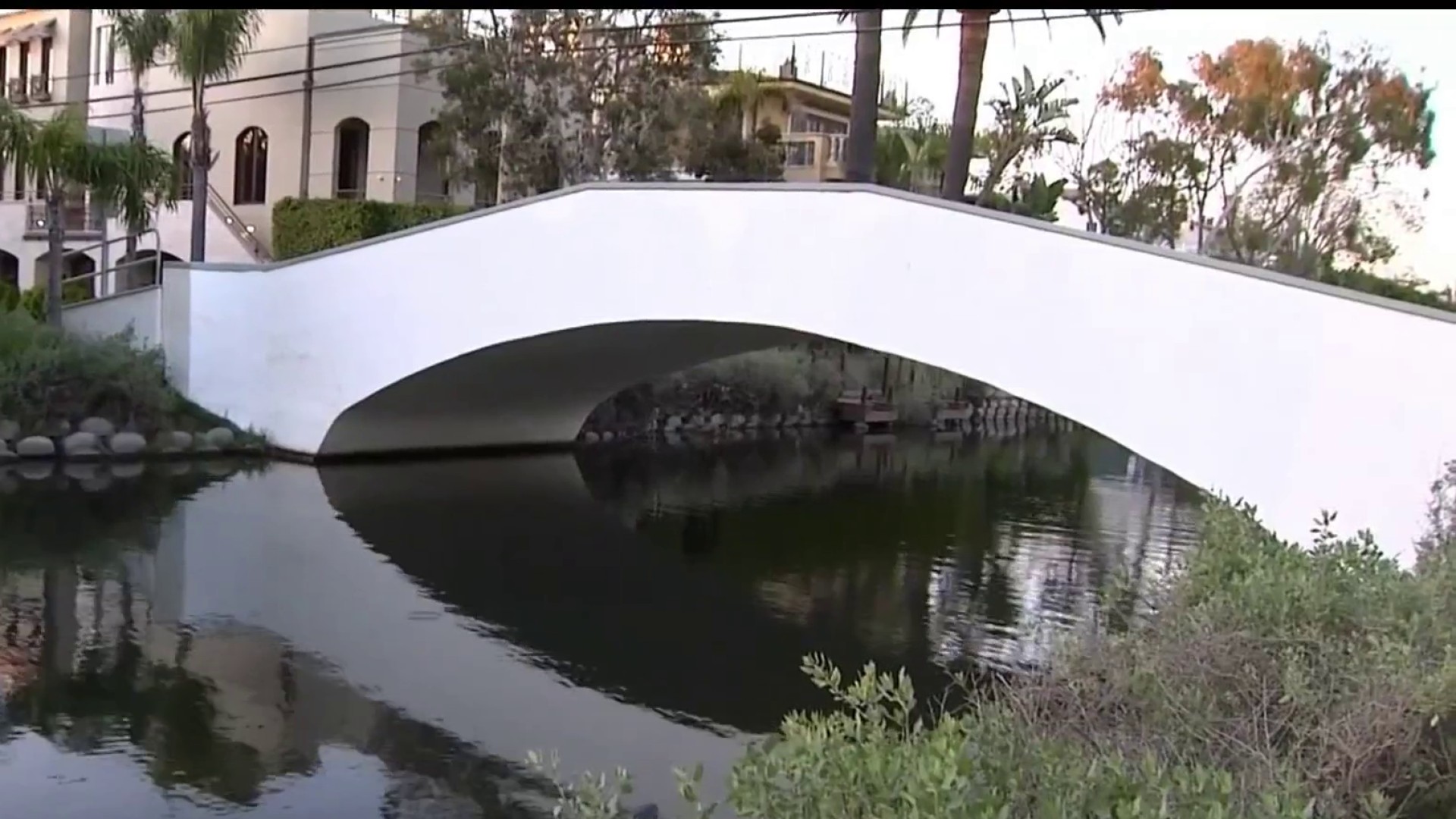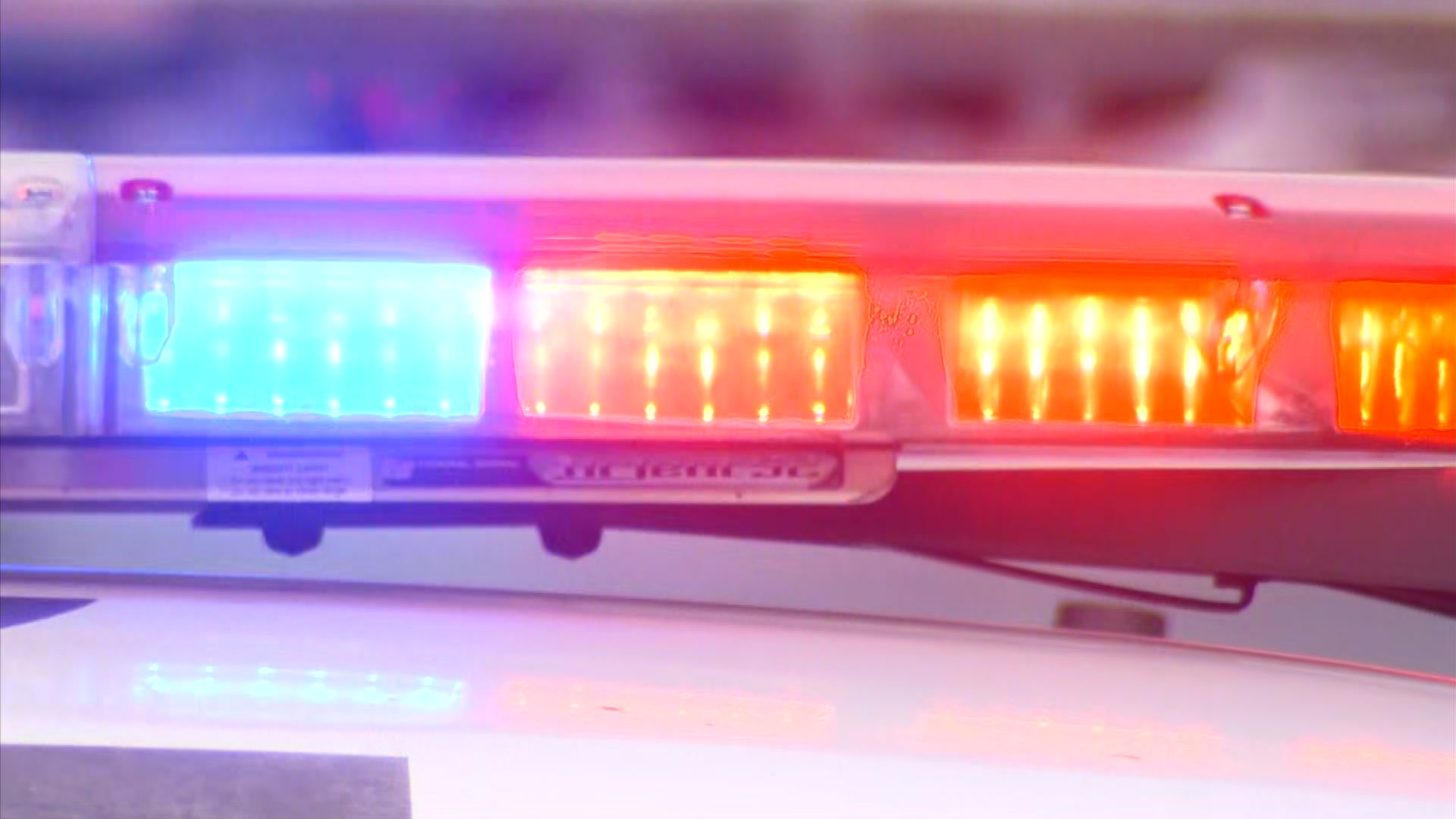Earthquake researchers will receive $6 million in funding to study a system that would provide a warning before shaking begins on the West Coast.
Earthquakes Page: Preparedness, Emergency Kits, Maps | Article: Costs of Early Warning
The California Institute of Technology in Pasadena, University of California-Berkeley and University of Washington will receive $6 million in seed money, allowing researchers to better study a West Coast early warning system. Each institution will receive $2 million over three years.
"The grant is a huge contribution to moving forward the science of earthquake early warning systems," said Thomas Heaton, director of the Earthquake Engineering Research Laboratory and professor of geophysics and of civil engineering at the California Institute of Technology.
The system is designed to provide a few seconds notice in the event of an earthquake. That's enough time to take cover and prepare for the shaking.
The system has been in place for about four years in Japan, and Caltech scientists said the system provided about 30 seconds of advanced warning for some people during a June quake that generated a destructive wave.
"The technology and scientific expertise exist to create a sophisticated West Coast earthquake early warning system even more advanced than Japan’s," said Richard Allen, director of the Berkeley Seismological Laboratory and a UC Berkeley professor of earth and planetary science.
Japan's system, considered the most advanced in the world, uses a dense network of seismic instruments that detect initial tremors.
Researchers in California and the U.S. Geological Survey have been testing a prototype system that sends messages to scientists. The estimated cost of a full early warning system on the West Coast is about $150 million.
ShakeAlert, the system being tested, is designed to send an alert to selected scientists that indicates location and magnitude. It also provides an estimate on when shaking will be felt.
As distance from the epicenter increases, so does the warning time.
The grant was made by the Palo Alto-based Gordon and Betty Moore Foundation.
Local
Get Los Angeles's latest local news on crime, entertainment, weather, schools, COVID, cost of living and more. Here's your go-to source for today's LA news.
Follow NBCLA for the latest LA news, events and entertainment: Twitter: @NBCLA // Facebook: NBCLA



